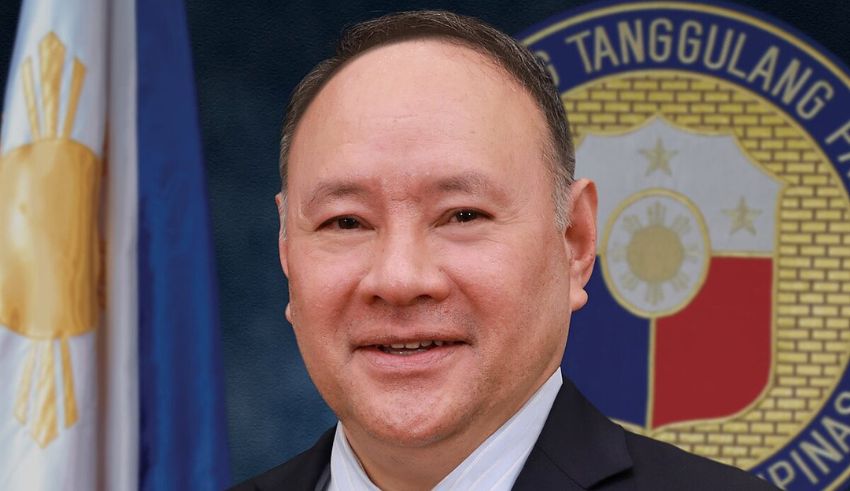
Philippine Defence Minister Teodoro Gilbert Jr called on all Southeast Asian nations to present a solid front. He mentioned that a divided ASEAN would not be able to face the ever-increasing security threats, with increasingly dubious tensions in the South China Sea.
While addressing an assembly of ASEAN defence ministers in Penang, Malaysia, Teodoro highlighted the necessity of regional cooperation to withstand the external pressures that he did not identify. However, he pointed out that some of the states were transforming global relations that could weaken ASEAN.
A Call for Action Against Coercion
He mentioned that ASEAN must work together to resist coercion and to share intelligence on foreign activities that are possibly harmful to national interests.
“Silence in the face of violations diminishes Asean,” Teodoro quoted from Philippine President Ferdinand Marcos Jr.
His remarks are expected in light of the rising tensions between China and the Philippines over reports that China has employed aggressive tactics in challenging Philippine vessels within the confines of water cannons, lasers, and dangerous navigation.
Enhanced Military Cooperation
Teodoro implored ASEAN members to step up joint military patrols, intelligence-sharing, and training exercises to meet these threats. He warned that the bloc was going to lose its voice in global security matters if it remained divided.
China’s Rising Influence in the Neighborhood
In addition, the fast-growing economic muscle of China has made many nations in Southeast Asia reliant on investments from it, which has given China strong levers on ASEAN, according to analysts.
“China’s economic strength thus created security dilemmas for the smaller Southeast Asian nations,” said Chester Cabalza, a security expert from the Manila-based think tank International Development and Security Cooperation.
China claims almost the entire area of the South China Sea under its controversial “nine-dash line” doctrine, rejecting a 2016 international ruling invalidating these claims. Meanwhile, countries such as the Philippines, Vietnam, and Malaysia continually dispute the assertion of Beijing.
Asean and Its Struggle to Achieve Unity
According to experts, ASEAN’s ability to respond to security threats is impaired:
Keep Reading
Economic dependence on China
The growing military and economic power of China
Poor consensus building among ASEAN member countries
Chris Gardiner, chief executive officer of the Institute for Regional Security, pointed out that some nations of ASEAN have their priorities on monetary assistance from China rather than on regional security, which makes it hard to deliver a uniform response.
Does the Philippines Lead ASEAN?
There are many challenges, but for analysts, the Philippines plays a vital role in diplomacy for ASEAN unity. Its strategy for transparency in the West Philippine Sea inspires the other countries to strive for being economically independent and towards coming up with an overdue South China Sea Code of Conduct.



























